-
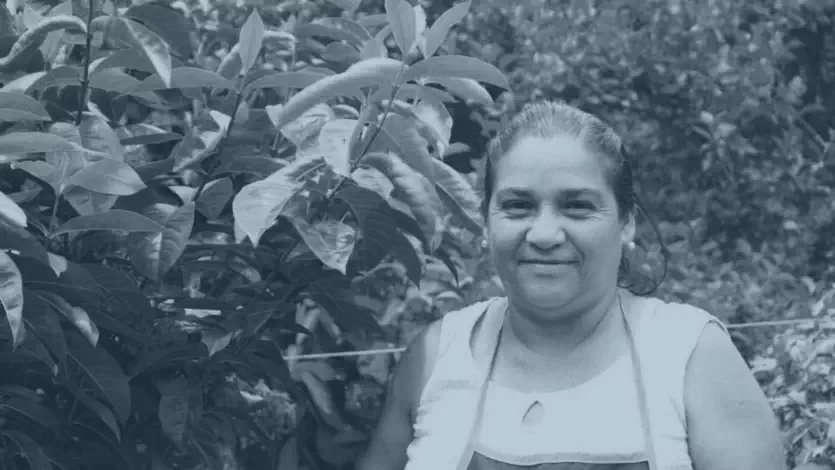
About ViviendasLeón
ViviendasLeon is dedicated to eliminating rural poverty in Central America. Our mission is to empower and equip rural communities to be agents of change. More than 90% of our program members are women, many single mothers who become rural farmers and small businesswomen. Read More »
-

Households flourish alongside their new farms
Maria Magdelena and her husband, Lazaro are a unique family. They are both in their 50’s and have young to adolescent children. Their parents helped them to build the fencing for their farm and get them started. Read More »
-

Meet Jacqueline Muñoz, mother and farmer
Meeting Jaqueline is to discover a story of strength and transformation. Her involvement in our human development and farming program has contributed to her transformation from being a woman who felt trapped in her life, to the life she now leads… Read More »
-
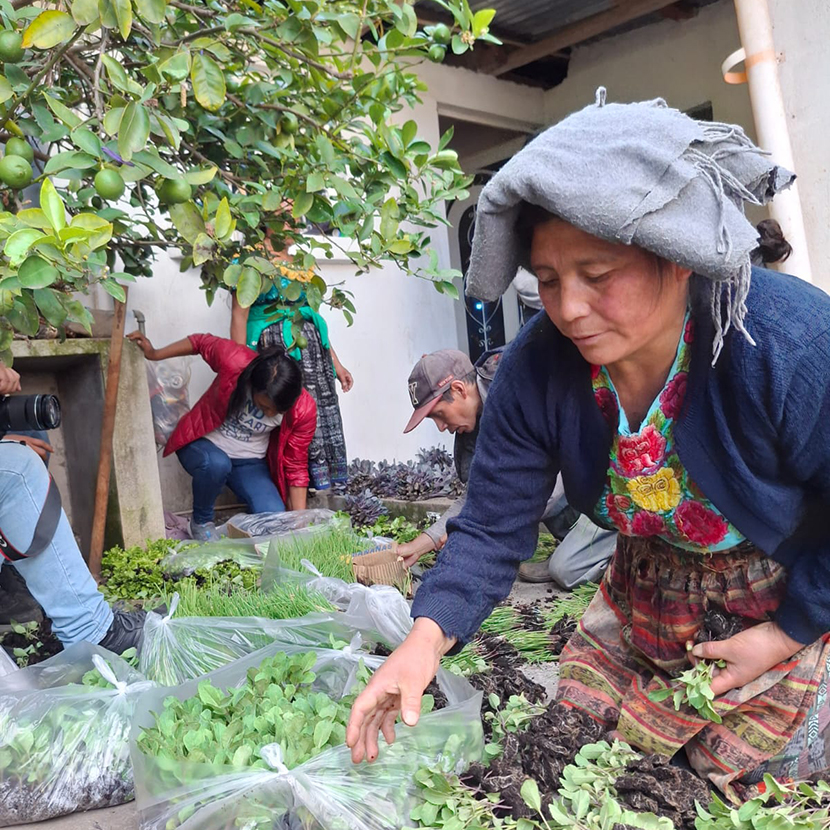
Steps to Growing Healthy Vegetables
During the months of July and August at ViviendasLeón, we took important steps toward food security and empowerment for our beneficiary families. Our farms program in Guatemala began with 10 farms in 2024 and has now expanded by 8 new families and their farms this year. Read More »
-

Family Travel Program in Guatemala 2026
Travel with ViviendasLeon to Guatemala this year. On this immersive journey, experience Guatemalan cultures, languages and histories in the center of the Mayan Highlands region, Lake Atitlán. Read More »
-
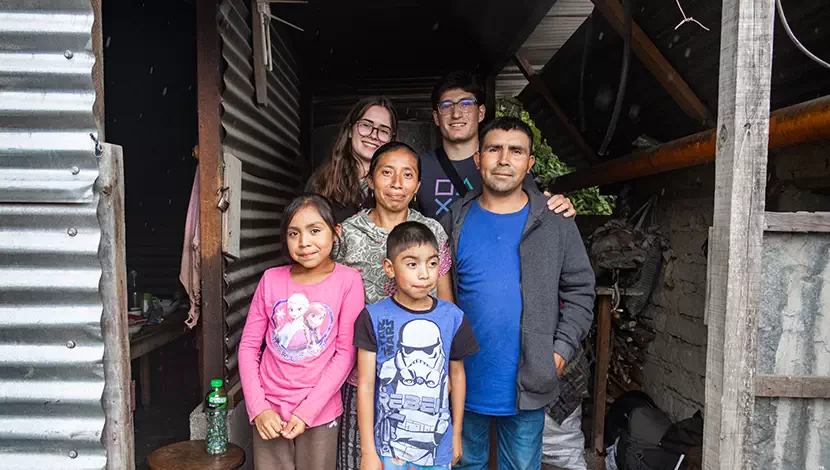
Immersion for Schools in Guatemala 2026
Travel with ViviendasLeon to Guatemala in 2026. On this immersive journey, experience Guatemalan cultures, languages and histories in the center of the Mayan Highlands region, Lake Atitlán. Read More »
-
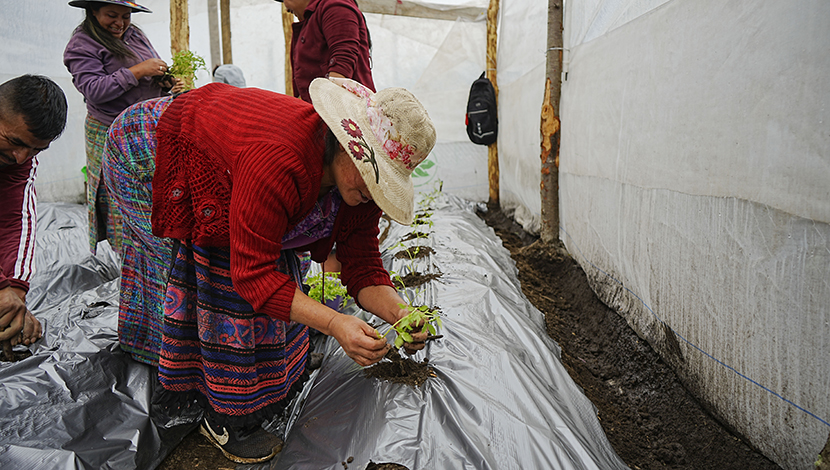
Hothouses prove successful on farms in Guatemala
In Guatemala we work at 7,000 feet where temperatures are cool and variable over the year. To maximize the production and income potential of the small family farms there, we employ hothouses to create very warm environments for key crops including tomatoes and chili peppers that are a staple of the diet. Read More »
-
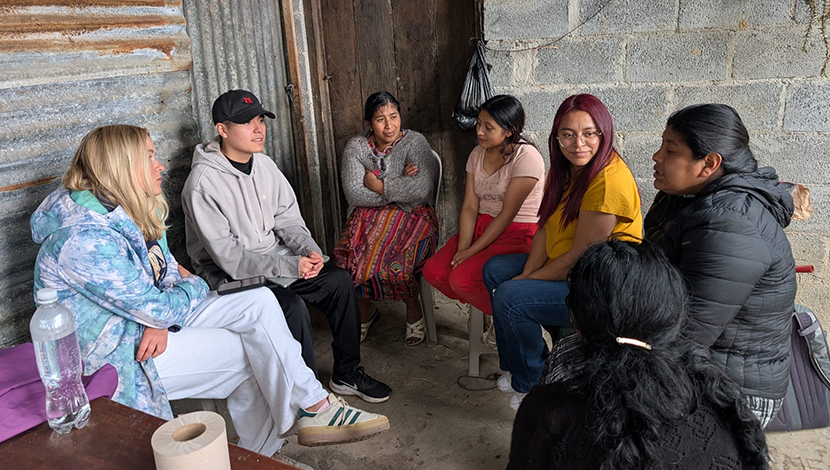
Business students develop program for rural women.
In early June four students arrived in Guatemala to begin a series of workshops that would assist the women in our farming program to develop an entrepreneurial approach and mindset to their organic food production. The goal is to create successful approaches to selling the food produced by these women in their community. Read More »
-

An Interview with Juan Berrios
My name is Juan Berrios, I live with my wife and daughter Gabriela in Troilo, Sutiava León, Nicaragua. I am 54 years old. Two years ago I graduated from the ViviendasLeón Human Training program and after completing the training I was provided with materials for our family garden. That same year my daughter Gabriela was… Read More »
-

My Work Experience at ViviendasLeón
Since December 2022, I have had the wonderful opportunity to work with a group of women from “Los Planes” and “Paxub’” communities in the municipality of Santa Lucía Utatlán, Sololá, Guatemala, empowering them on various topics that are key to their personal and collective development. Read More »
-

Celebrating a Successful Year in Farming
ViviendasLeón in Nicaragua held a day of activities to recognize the work of our sustainable agriculture program on New Year’s Eve, 2024. In the event, we had the participation of our farmers, who enthusiastically and with a happy heart participated in each of the games. In them, we talked about the experiences learned in the… Read More »
-

Harvesting Hope in Guatemala
2024 will remain in our memory as the year in which we planted not only seeds in the ground, but also in the hearts of the families that are part of ViviendasLeón. This year, with enthusiasm, we inaugurated our Garden program, a dream that became a reality thanks to collective effort, passion for change and… Read More »
